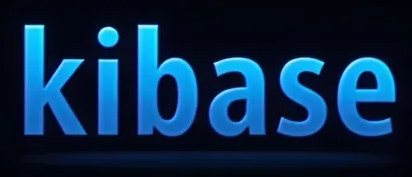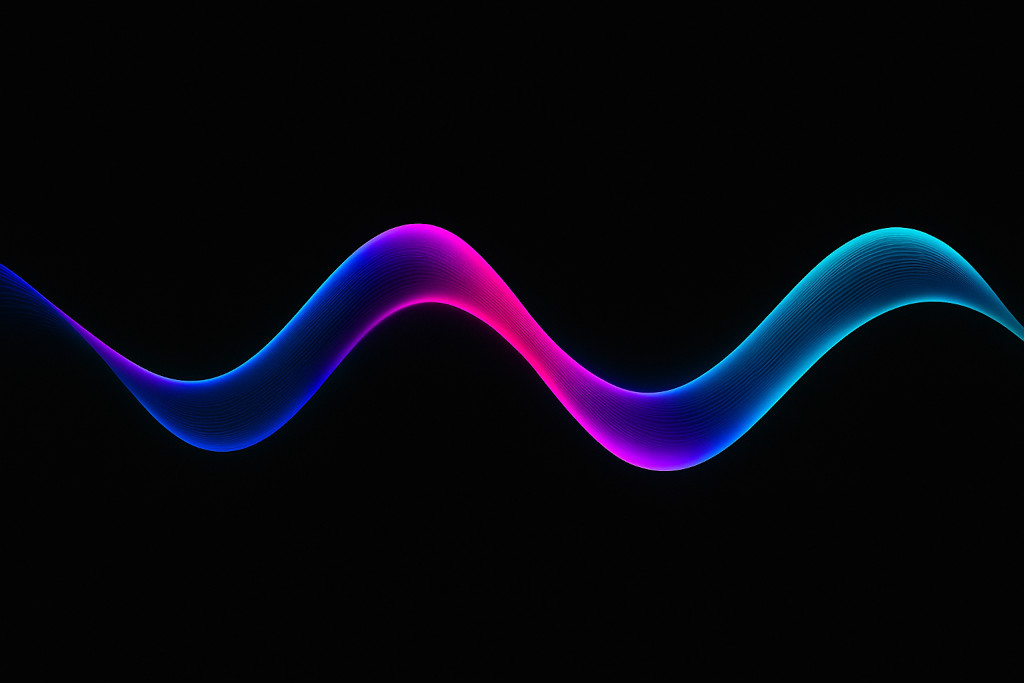OpenAI is reportedly preparing to enter generative music with a tool that can create full tracks from text and audio prompts. While not yet officially announced, reports began to converge between October 25–28, 2025. The target audience appears to be creators who want to score videos, accompany vocals, or produce instrumental compositions.
In parallel, OpenAI seems to be unifying its growing media portfolio (text → image → video → audio). A music system could eventually score Sora videos natively—similar to sound design in an editing suite, only AI‑assisted. OpenAI’s recent emphasis on audio is evident in its new audio models and the Realtime API, which entered wider developer use in 2025.
Why this matters
- Closing a product gap: After ChatGPT (text), DALL·E (image), and Sora (video), audio/music has been the missing pillar—this move could close the loop.
- Rising competition: Leaders like Suno and Udio set the pace; Suno recently made its v4.5-All broadly available for free—an unmistakable push toward the mass market. OpenAI would enter a very competitive field.
- Potential Sora synergy: Music “from description” could directly generate video scores—a compelling workflow for creators and studios.
- Licensing in focus: Following years of disputes over training data, the industry is now more actively negotiating licensed AI music (e.g., recent label deals)—conditions for compliant offerings look better than before.
What is (and isn’t) known so far
- The core: OpenAI is said to be building a music-generation tool from text/audio prompts. Multiple tech outlets cite The Information; OpenAI has not commented officially.
- Use cases: Scoring for videos, backing tracks for vocals, and style/genre‑savvy instrumentals—in short, a creative assistant for producers and content creators.
- Data & partners: Reports mention a collaboration with the Juilliard School: students allegedly annotate scores to structure training data. (OpenAI has not confirmed this.)
- Timeline & name: No official launch date or product name—the rumor mill calls it “Sora for music.”
- Technical basis: Since March/August 2025, OpenAI has offered audio models and a Realtime API (for voices, agents, and audio I/O). That infrastructure likely benefits a future music stack—so the step makes strategic sense. (This is a reasonable inference from public components.)
Analysis: Opportunities, risks, impact
For creators: An OpenAI music tool could save significant workflow time—from rough cuts and temp tracks to final cues. Crucial features will be meter/grid control, key/tempo, stems export, licensing options, and commercial usage rights.
For the music industry: After Google’s discontinued “Orca” and cautious label pilots (e.g., Lyria, later Udio deals), the industry is both more sensitive and more willing to talk. If OpenAI uses licensed catalogs or offers synthetic, non‑imitative models, that would increase legal certainty.
For the market: If OpenAI closely couples music with Sora 2 (video+sound from one place), it could create an end‑to‑end creator stack—an edge over standalone music generators. At the same time, Suno’s free v4.5-All adds pricing pressure.
Open questions (key to success)
- Rights & training: Which licensed sources will OpenAI use? Will there be opt‑in/opt‑out for rights holders?
- Safety & ethics: How will it prevent voice/style imitation of living artists, detect deepfake vocals, and apply watermarking?
- Product design: Will there be multimodal scoring (video → music) and DAW integration (e.g., as VST/AU), stems, MIDI, or just stereo bounces?
- Pricing model: Free/Pro tiers like Suno, or bundling with ChatGPT/Sora subscriptions?
TechCrunch: “OpenAI reportedly developing new generative music tool” (October 25, 2025).
Music Business Worldwide: “OpenAI is planning to get into AI music” (October 27, 2025).
Engadget: “OpenAI is reportedly working on an AI music‑generation tool” (October 26, 2025).
Euronews Next: Report on Juilliard score annotations for training data (October 27, 2025).
Heise: Coverage on a music generator as a scoring component for Sora (October 27, 2025).
OpenAI Blog: Next‑gen audio models & Realtime API (March 20 and August 28, 2025).
TechRadar: Suno v4.5‑All (free) market comparison (late October 2025).
Business Insider (retrospective): Google’s Orca halted amid copyright concerns (November 2024).

